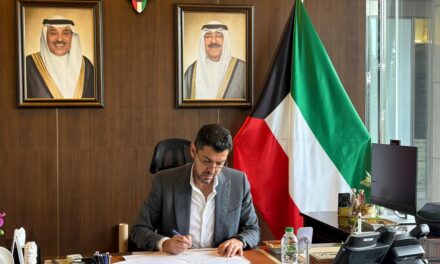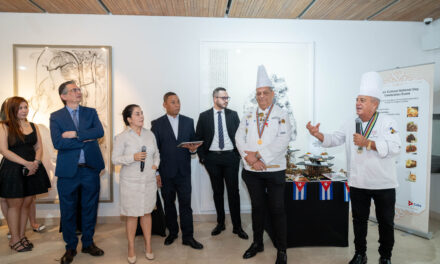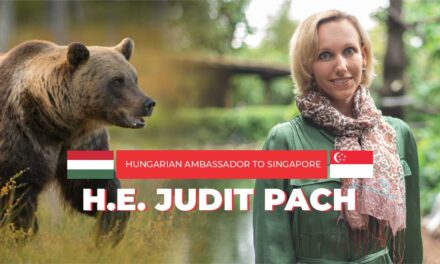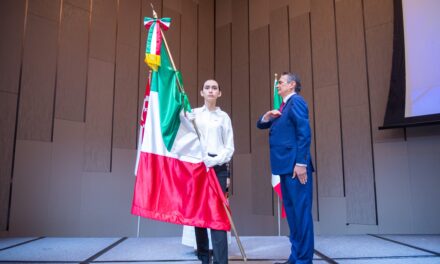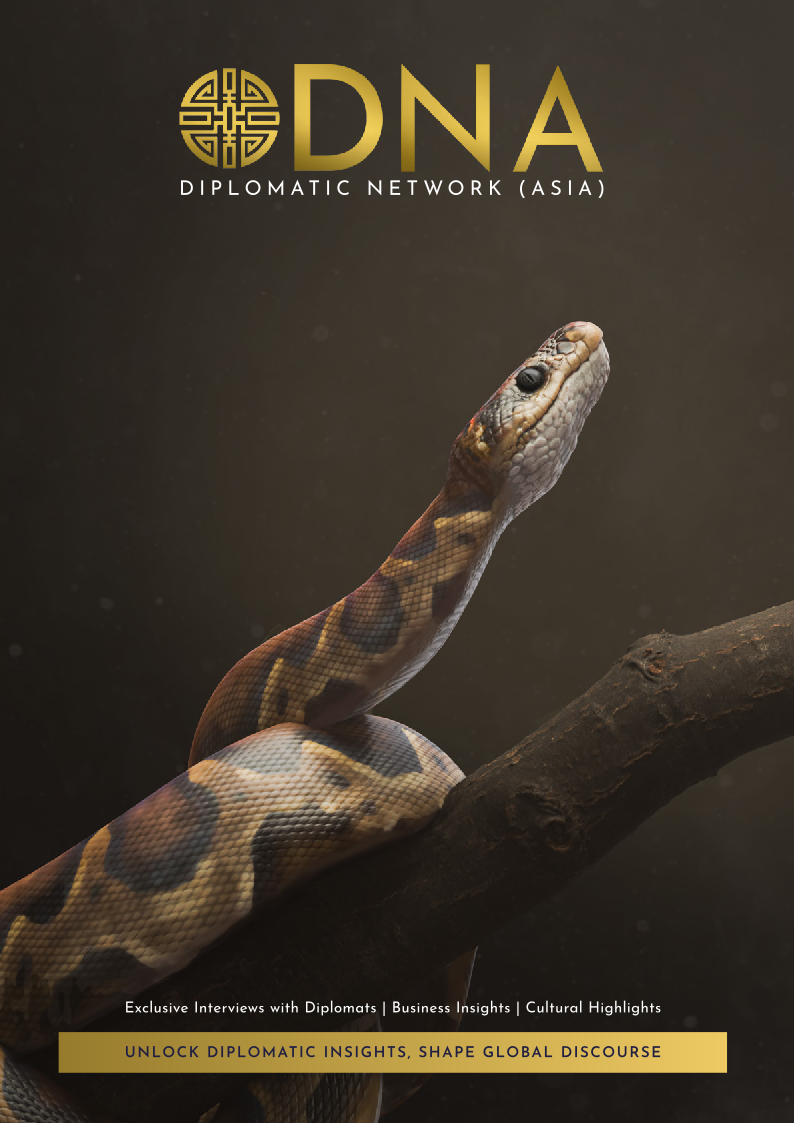Singapore and Germany have elevated their long-standing bilateral relationship to a strategic partnership, with a slew of areas targeted for deeper cooperation.
The G20 Summit in Rio de Janeiro, running from Monday to Tuesday, provided a high-profile stage for this announcement following a meeting between Singapore Prime Minister Lawrence Wong and German Federal Chancellor Olaf Scholz.
“This strategic convergence underpins our common desire to promote free trade and maintain an open and inclusive international architecture. This will help encourage greater peace, stability, and prosperity in the Asia-Pacific,” the two nations said in a joint statement on Tuesday.
The agreement comes as the two nations approach the 60th anniversary of diplomatic relations in 2025.
The strategic partnership is built on five core pillars, encompassing political and security cooperation; economic collaboration; climate action; research and innovation; and multilevel partnerships for future challenges.
The partnership builds on the 2022 joint declaration, called ‘Partners for a Resilient & Sustainable Future’, as well as the ‘Singapore-Germany Declaration: The Way Ahead’ which was inked in late 2005.
The strategic partnership will be guided by a joint work plan for 2025 and 2026. The guide will focus on the following pillars, ensuring progress through regular reviews by both foreign ministries.
“Political, defence, (cyber) security, intelligence cooperation”
Both countries aim to deepen military collaboration, including digitalization and cybersecurity, and enhance civil defense and disaster management efforts.
A secure line of communication will be established to facilitate information exchanges. They will particularly focus on initiatives regarding artificial intelligence security.
Beyond digital initiatives, the two countries will investigate collaborative opportunities between their navies, armies and air forces. This follows on from “already successful cooperation in the fields of main battle tanks and submarines”.
“Trade, investment, transport, digital”
Singapore and Germany plan to expand government-to-government, government-to-business, and business-to-business collaboration through the Germany-Singapore Framework for Sustainability & Innovation signed in 2022.
More broadly, the EU-Singapore Free Trade Agreement will test the grounds for a possible future inter-regional free trade agreement between the EU and ASEAN.
AI was mentioned again, with a focus on exchanges regarding “safe, secure, human-centric, accountable, sustainable, trustworthy, and regulation-compliant AI”.
The two nations will advance cooperation in maritime digitalization, fintech, and autonomous vehicles. Dialogues on online safety, and the digitalization of legal and commercial procedures are also planned.
“Climate, green economy, energy transition”
Singapore and Germany will collaborate on green maritime decarbonization, a key priority and strength for Singapore as a pivotal port in the region.
“[This will include] port-to-port cooperation, such as information sharing on knowledge gaps for the development and update of zero and near-zero emissions fuels, including safety protocols for the handling and bunkering of such fuels,” the joint statement said.
They will also engage in knowledge exchange on circular economy initiatives, climate resilience and carbon pricing mechanisms.
“Research science, tech, innovation”
Within the research and innovation spaces, Singapore and Germany will implement joint research grants and projects.
These will cover quantum technology, medical technology, green chemistry, circular economy, carbon capture, renewable energy technologies, and information and communication technologies.
Some already-established initiatives in this space include the Singapore-Germany Collaboration Call of BMBF and A*STAR, a bilateral initiative between Germany’s Federal Ministry of Education & Research and Singapore’s Agency for Science, Technology & Research; the Germany-Singapore SME Funding Programme; and the EUREKA for joint innovation and R&D projects, which is a global network for R&D and innovation cooperation involving over 40 countries, including Germany and Singapore.
Both countries will strengthen synergies in their deep-tech ecosystems and promote talent exchange programs.
“Multilevel cooperation for the future”
Lastly, cultural exchanges, education partnerships, and regional collaboration between ASEAN and the EU will be key focus areas for the future.
Building on the knowledge exchanges in other areas, the partnership will see collaboration between schools and universities, as well as vocational training in mechanical and automotive engineering – a strong point for Germany.
This will include curriculum development for a new Technical Engineer Diploma in Electrical Engineering focused on clean energy between Singapore’s Institute of Technical Education and schools in the Federal State of Baden-Wurttemberg.
Business will be a key aspect of future cooperation, with the two nations leveraging the Singaporean-German Chamber of Industry & Commerce as well as the Germany Singapore Business Forum Connect, which is a business forum held multiple times a year.


